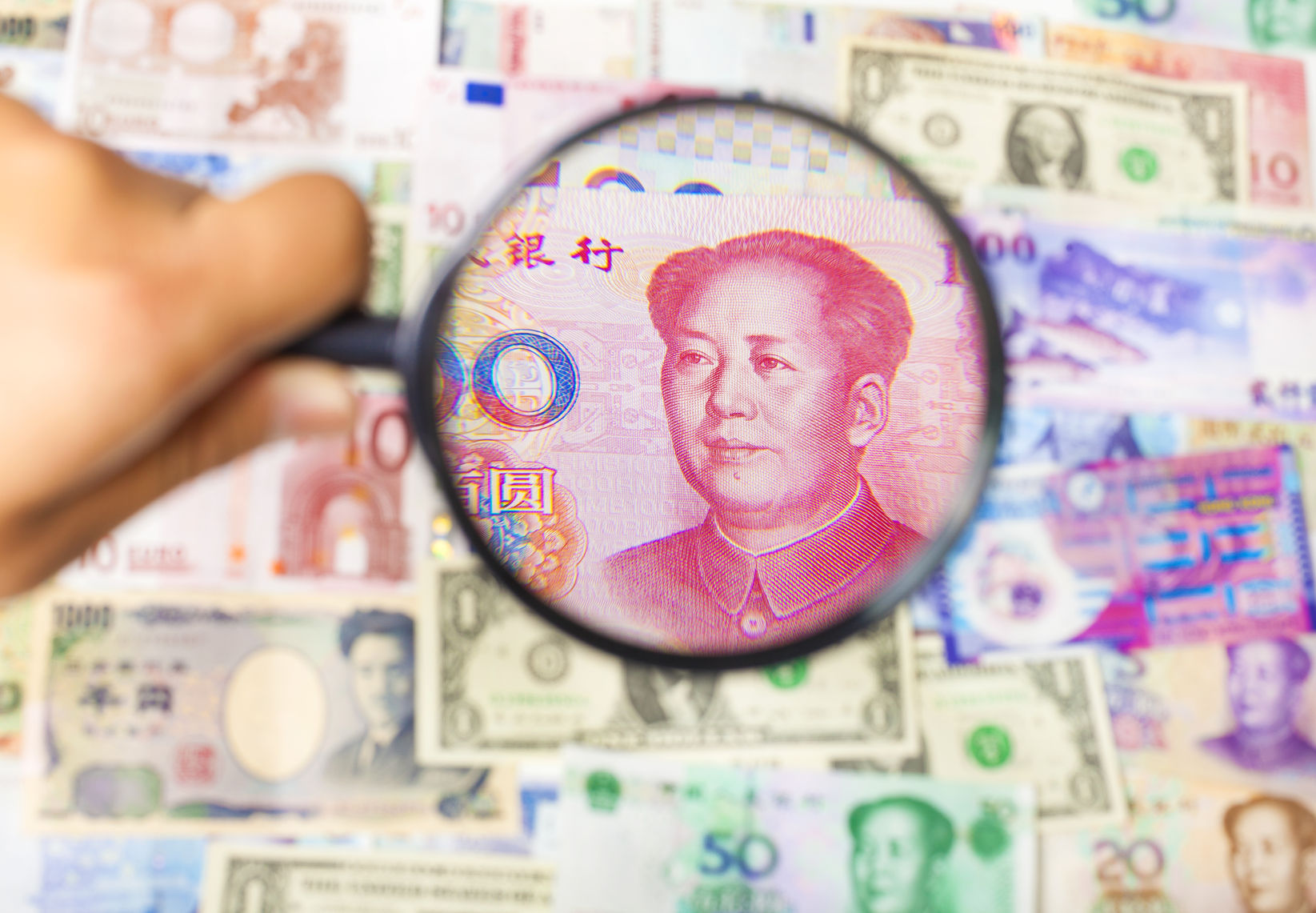RMB investment must-knows
The US dollar (USD) has been strengthening since last year and continues to grow stronger against the Renminbi (RMB). Given a bearish RMB, you may wonder if it is still worthwhile to invest in RMB currency or currency-based products, or should you be reducing your holdings. How can you protect yourself from RMB currency risks?

-
Take into account RMB exchange rate movements
Exchange rate movements affect the investment return of your foreign currency investments. For instance, if you expect the RMB to fall by 3% in the year, you should look for more than 3% returns from your RMB investments, as the interest and capital gains from your investments will be offset by the RMB depreciation.
-
Manage investment risks first
There are a variety of RMB products that are available for investors, including RMB deposits, bonds, funds and A-shares to name a few. In view of the RMB exchange rate movements, investors may seek out RMB investments with higher than expected returns versus making a RMB deposit. However, whenever considering an investment with high returns, you should think about the associated risks and whether it exceeds your risk tolerance.
-
RMB-linked deposits ≠ deposits
Investors may invest in "bullish" or "bearish" RMB-linked deposits based on their view of the RMB exchange rate movements. If investors correctly guess the direction of the RMB exchange rate movement, the RMB-linked deposit will offer investors high interest. However, RMB-linked deposits are not equivalent to deposits, and are structured investment products embedded with derivatives (currency options). As such, RMB-linked deposits are not protected by the Deposit Protection Scheme. Moreover, they may not be principal-protected and come with relatively high risks.
-
Onshore and offshore prices
There are two exchange rates for the RMB - the onshore CNY and the offshore CNH. CNY is generally known as the official rate which is subject to the control of the China central bank, the People's Bank of China. The valuation for CNH, on the other hand, is determined by demand and supply of the offshore market. As CNY and CNH are traded on different markets, their trends may be inconsistent, and even sometimes going in the opposite directions. Investors should understand if their RMB products are quoted in CNY or CNH. Offshore RMB bonds or RMB-linked deposits for example are usually quoted in CNH.
-
Pay attention to RMB exchange rate policies
At present, the RMB exchange rate is yet to be fully market-driven, and its way of working still differs from how currencies work in the international free market. When you invest in RMB products, you must pay attention to the changes in monetary policies of the Central Government.
Diversify to multiple currencies
Similar to how the west can be veiled in rain while the east basks in sunshine, the investment market is hard to predict. When investing, avoid putting all your capital in one single region or currency in order to avoid the risk of over concentration. Otherwise, changes in the investment market may bring material impact to your investment portfolio.



